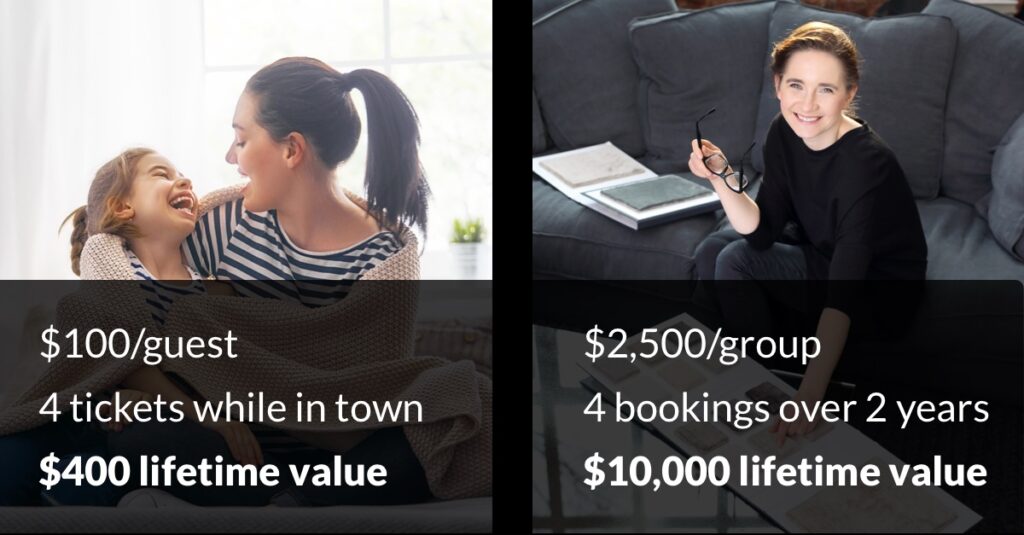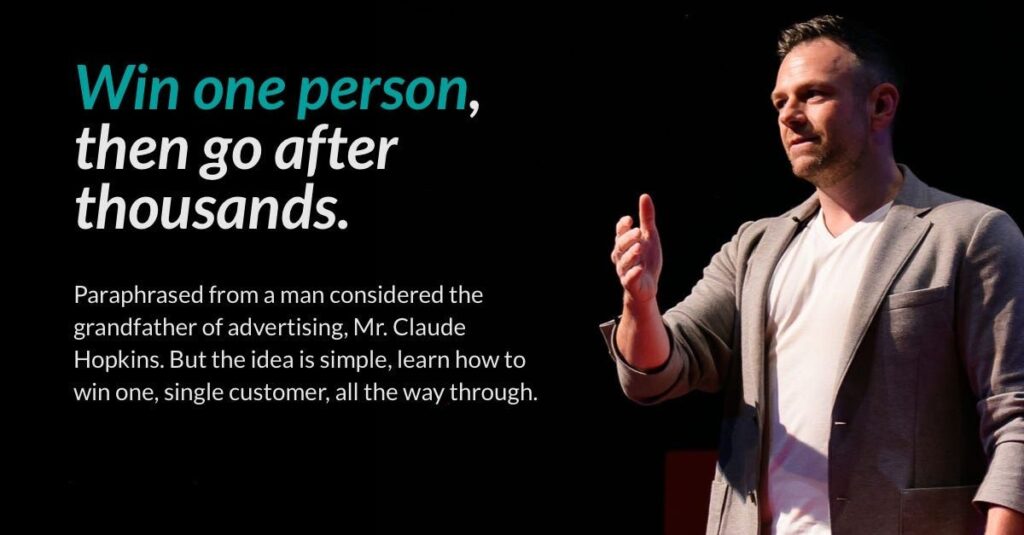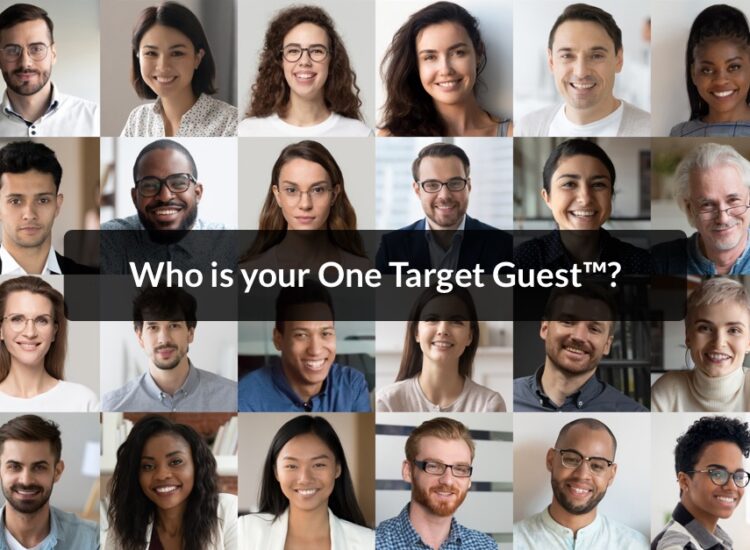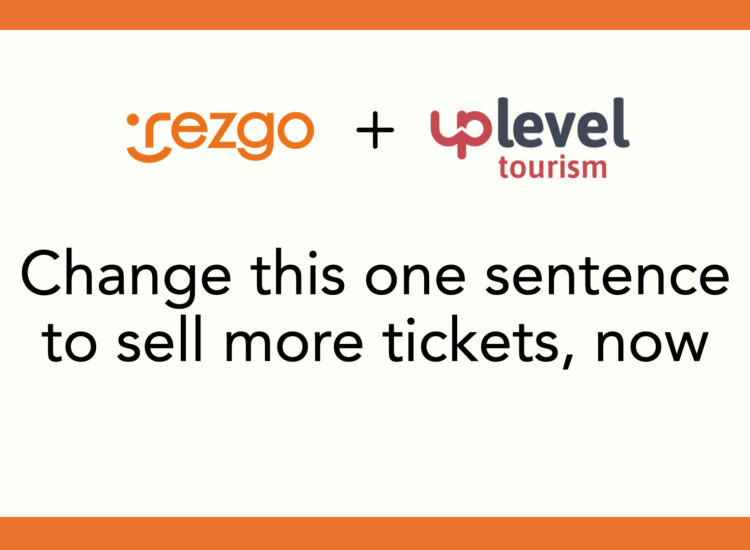That’s what we’re diving into today. We’re focusing on that 2% who are going to book with you and helping you answer the question, “how do I pick just one target customer?” Instead of casting a wide net, I want you to concentrate on just one person.
That individual is your target customer.
Understanding this person can significantly impact your organization by:
- Discovering new ways to innovate
- Spending less time on ineffective marketing investments
- Bringing a bit more empathy into business
Working with a Tour Operator
One of my favorite recent clients shifted their focus dramatically after we began our collaboration. Initially, they believed their target customer was Cat, a mom on vacation with her husband and two kids, visiting a city for vacation with no plans to return. They thought capturing the attention of vacationing families like Cat’s would drive their business.
However, as our work progressed, we uncovered a different target customer: Leah, a 42-year-old director of HR for a major corporation in their area. Leah organizes multiple departmental retreats and team-building excursions each year. Leah is responsible for planning these events, seeking out new, unique and engaging experiences that will benefit her company’s culture and employee satisfaction.

Does it really make a difference whether your target customer is Cat or Leah? Let’s explore six factors that highlight the importance of getting specific about your target customer:
6) Target someone you can actually acquire
Reaching a vacationing family like Cat’s might seem easier due to broad appeal, but engaging Leah, with her specific corporate needs, promises a far greater ROI. Leah’s ability to bring repeat business through company events far outweighs the one-off trip from Cat’s family.
5) Go after the guest who will spend the most per transaction.
Market research indicates that individual families on vacation spend conservatively. In contrast, a corporate decision-maker like Leah is organizing events for large groups, leading to transactions significantly higher in value.
4) Choose a guest with the highest lifetime value.
While both Cat and Leah might return to your services, Leah represents a local, recurrent business opportunity. Leah is likely to plan multiple events annually, which drastically increases her lifetime value, to you, as a guest.

3) Pick a guest with the best referral network.
Leah, immersed in a corporate setting with a vast network of colleagues and industry contacts, can offer referrals that are significantly more valuable, potentially opening doors to other departments within her corporation or even other companies.
2) Choose the guest who will love your experiences.
While vacationing families enjoy tours, a corporate leader like Leah looks for unique, engaging experiences that will enhance team cohesion and morale, making your service not just a leisure activity but a strategic development tool
1) Target a guest you enjoy being around.
Imagining the interactions you’d have with Leah, consider her professional demeanor, communication style, and the potential to impact her company positively. This ensures you’re targeting customers you’ll enjoy engaging with.
Do I have to pick just one?
Yes! Once you’ve honed in on your One Target Guest™, like Leah, there’s much to do: define her customer journey, write a page on your website for corporate groups, write targeted emails, implement automations to garner referrals, and more. After mastering this approach for Leah, you can then consider expanding to other target guests like travel agents, bachelor/bachelorette groups, school groups, etc.

I hope this article illuminates the importance of understanding the guest you aim to serve. When businesses practice empathy towards their guests and employees, incredible transformations occur. It begins with small acts, like taking the time to define the human behind your marketing efforts.


